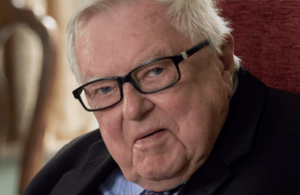Molecular motors have critical roles in trafficking of organelles and macromolecules within the cytoplasm, and aberrant motor function has been implicated in diseases such as neurodegeneration. Our goal is to understand how motor complexes recognise specific cargoes and deliver them to appropriate regions of the cell. We focus primarily on the cytoplasmic targeting of mRNA transcripts in Drosophila, which allows us to combine in vivo imaging with rigorous genetics.
We have identified evolutionarily conserved components of an mRNA transport complex that targets a subset of transcripts towards the minus-ends of microtubules. We have also characterised the features within mRNAs that mediate their recognition by this machinery.
We have recently found that the mRNA localisation machinery is bidirectional, with net transport achieved through bias in the relative times opposing motor activities are engaged. Surprisingly, the directionality of motor complexes is regulated by the cargoes themselves, through their differential recruitment of motors and regulatory proteins.
We are currently identifying novel components of the transport machinery and are using a wide range of techniques to elucidate their functions in the transport of mRNAs, as well as other cargoes. Another focus is to establish assays to visualise transport of cargoes in living neurons in situ, and to determine how these processes are influenced by neuronal activity. Test



